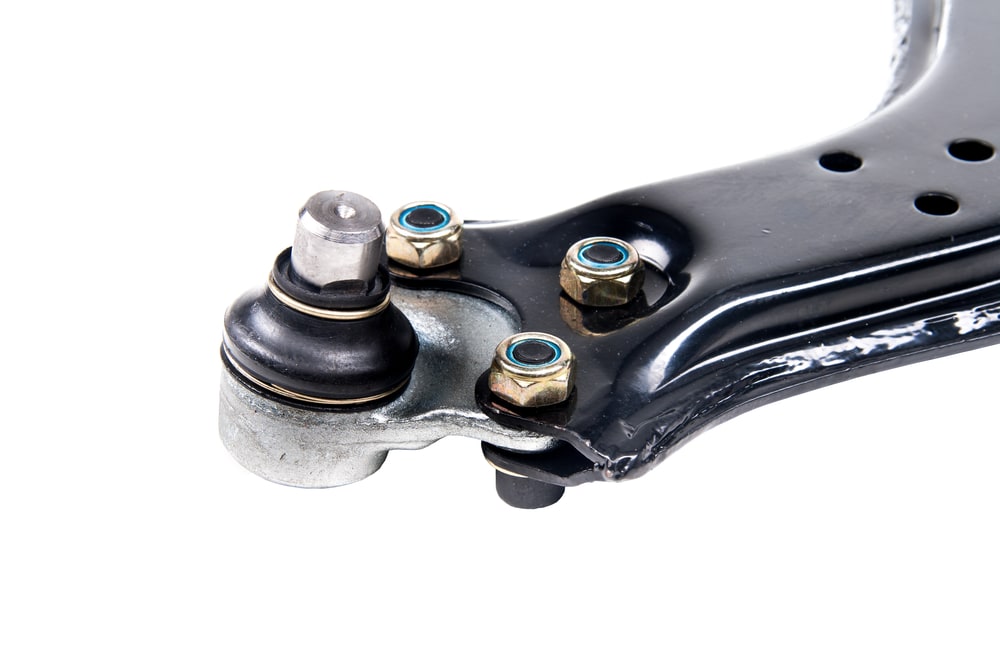

Your car’s rear ball joints are part of the suspension system, connecting the control arms to the wheels and enabling you to steer your vehicle. The ball joints allow the wheels and the control arms to work with one another, as well as working independently. Depending on the make and model of your vehicle, your rear ball joints may either be serviceable, or sealed. Serviceable ball joints can be lubricated as necessary, whereas sealed ball joints are an enclosed unit containing grease that was installed at the time of manufacture, and is intended to last the life of the ball joint.
Any time that your car is in motion, your rear ball joints are working to allow you to steer effectively, and to allow you to maintain control even on rough roads. Needless to say, they can take a beating, and usually your ball joints will not last you the life of your vehicle, unless you plan on retiring it after 70,000-150,000 miles. The life you get out of your ball joints will largely depend on road conditions. Generally speaking, if one ball joint fails, you should have them all replaced.
Signs that your ball joints are failing include:
- Creaking sound
- Shaky steering
- Strange noises in suspension
- Car drifting
A vehicle with faulty ball joints is not safe to drive, so if you suspect that your car’s joints need to be replaced, you should consult a qualified mechanic for a diagnosis, and if necessary, replace the ball joints.



